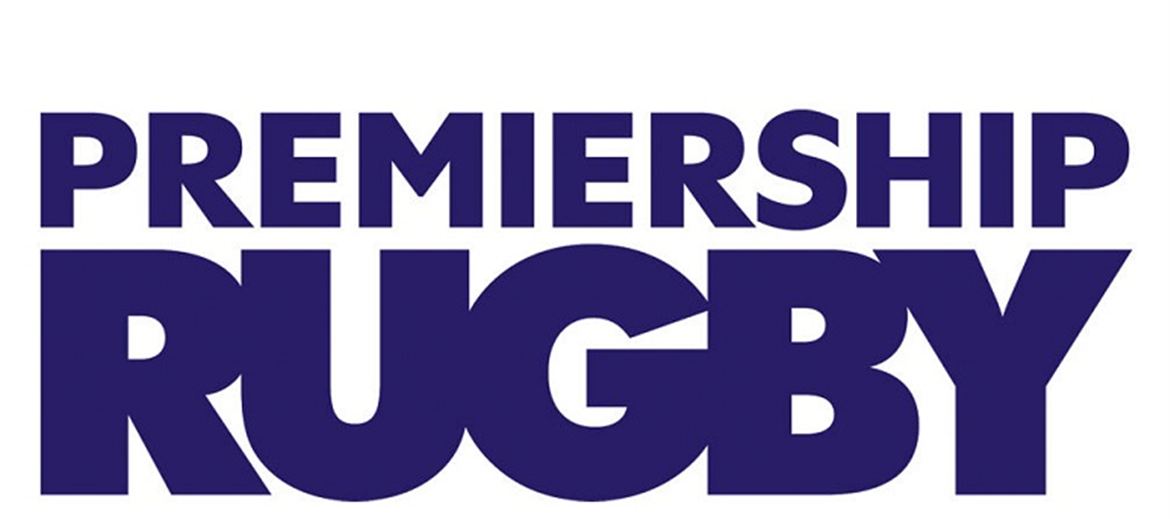Tash Carpenter
Job title Head of Communications
Employer Premiership Rugby

Bring your personality to life with a career in communications
Tash Carpenter has been in the communications industry within sport for many years and has worked at some of the largest sporting events around the globe.
Tash shared with us some of her experiences since her career has started, as well as sharing some invaluable top tips for those looking to get into the industry.
“Driving the planning and direction of the communications team.”
What is your job role?
As with so many roles in communications, there’s not a one-size-fits-all approach to what a Head of Communications does. But the key bit for me is driving the planning and direction of the communications team. I have a Director of Communications who I report to. He is responsible for making sure that we are achieving our overall business strategy through communications, and then it’s my job to work with my colleagues and distil that into ‘Well, how are we going to achieve that on a monthly or weekly basis, what does that look like?’. We have a communications manager who does so much of the day-to-day content management, content delivery, uploading, sending out press releases – all of that operational side of things.
The other bit around the Head of Comms role is working with commercial partners, stakeholders, agencies, which I do a lot of. So, trying to bring together everyone who is involved in the delivery side of communications – for example I work with the social media team, commercial team, public affairs consultant to try and bring those roles together in a cohesive way.
“You don’t necessarily know what’s going to come across your desk each day.”
The work of communications is constantly changing, is that challenging?
When I was trying to decide whether to get into communications I found that quite frustrating, people would say there isn’t one easy way to describe what we do. But actually that’s part of the appeal – it’s exciting, dynamic. You don’t necessarily know what’s going to come across your desk each day. There’s something quite energising about that. If that’s something that you enjoy then that can be really exciting, but if you like to know what you’re going to come into every day then perhaps communications isn’t the right career for you.
Always an honour to be invited to this great event #sja2019 and to be one of the Broadcast Judges once again. Looking forward to a fantastic evening celebrating top British sports journalism #workhardplayhard pic.twitter.com/lERIuaE1oO
— Tash Carpenter (@TashCarpenter) 24 February 2020
“It was a no brainer to go into something to do with sport”
You’ve also worked in sport communications, so is that something that you always wanted to do when you left University?
I was the same as I’m sure a lot of people who work in sport, in that I found sport first when I was a teenager. I started it because I was really rubbish at the other things at school – I was terrible at music, terrible at drama, so sport was a natural choice. I was lucky that I was quite good at it. As I got to the end of my schooling I started thinking about careers in sport. During the summers in university I volunteered at certain events to see what might be available from a job perspective in sport, and I found that really valuable. It was a no brainer to go into something to do with sport and from there it was just a case of finding something that suited my skill set. That can be quite hard, approaching it from that direction. It’s a privilege to be able to work in a sector that you care about, not everybody gets to do that, so we are incredibly lucky.
“I got very lucky timing-wise”
You’ve experienced many different ways of working in communications and all of them are presumably different?
One of the benefits of working for the British Paralympics Association [BPA] at the time that I did [2009-2017] was that I started working as a junior press officer, and as the organisation developed and grew I was very lucky to be given the opportunities to grow and develop my remit too.
So first I started to do broader communications work, then started to do bit of brand work. And this was happening at a time in which digital was exploding into our lives. I got very lucky timing-wise in that social media started happening and then coming into my area of work. Towards the very end of my time at BPA we were doing a lot more campaign work, so working on campaigns like Supercharge Paralympics GB, which was a joint public awareness and fundraising campaign. So over the time that I was at the BPA, I was really proud to be given the opportunity to work on all those things, but also really seized the opportunity to work in different areas of communications. I’m a big believer in always learning and always challenging yourself, and I did this throughout my time there and more recently having left the BPA to start a new challenge in rugby.
Tash stressed how crucial work experience was for her as she grew in the industry, if you are looking for different opportunities to gain experience then workshops and job openings are great ways to find out more about the industry and gain experience. Why not check out our workshop and jobs sections to see what is available?
“The home Games was a once-in-a-lifetime opportunity.”
You were involved in London 2012, and also worked in Rio as a one off experience…
The athletes said it all the time at London 2012, but it applies to everyone else that worked on it: the home Games was a once-in-a-lifetime opportunity. To play any part in that, from volunteer to athlete, anyone who was on that spectrum, I think, has incredibly fond memories of working at it. And we’ve seen from events like the London 2017 athletics that the public has fond memories as well. Working on it in the area that I did – I was in the press office – it was a fantastic time but quite a scary time in some respects. We didn’t know until a couple of weeks before the Games started that so many tickets had been sold. So right up until the start of the Games we didn’t know how the public would respond. So to have it become such a success and to have people talk about it in so many positive ways was such a fantastic result.
Now it looks to people like it was always going to be well-received. But there was so much hard work that went in to things to drive the Paralympics to success – the BPA worked very closely with Team GB and LOCOG and everyone did a great job with supporting the athletes. And the work of Channel 4 and the BBC as host broadcasters for the event – Channel 4 gets a lot of plaudits and quite rightly, but the BBC has also done a lot of great work for the Paralympics over the years and were brilliant in working with Channel 4 as the ‘new kid on the block’ in that period. The whole event was such a testament to the hard work and determination of all the people that were working on it.
“The degree I did stood me in good stead”
Just talking about routes into communications – I see you haven’t got a Communications degree as such. Your is Modern History?
I did Modern History because I wasn’t sure at that time what area of sport I wanted to work in. I didn’t know if I wanted to be a journalist or work in marketing, or even just do more of the business side. I wanted to do something that was not industry or sport specific, and I think the degree I did stood me in good stead because it gave me some really good skills that I’ve ended up using in communications. With history it’s often about being able to distil lots of information down and write about it in a condensed and precise fashion, which is a really important skill that you need in communications. The other bit for me was it was to do something that I enjoyed. I didn’t want to jump straight into studying something that I was going to be working in for the rest of my life. I believe in doing things you enjoy, and history was something that I really liked.
“When you’re reading 50 CVs it’s quite nice to come across something with personality.”
If you were looking to employ someone, what aspects, skills and experiences would you be looking for?
It depends on the role, as communications encompasses a lot of different areas. I think personally I always look for people that have good written fluency, so a nice style of writing with a good level of fluidity. I think it goes without saying you need good punctuation and grammar and sentence structure, all of that sort of thing. You don’t need a very strong written background, but I think what you do need to do is make sure that your CV and your personal statement is written in a way that reflects the way you would write a press release or a piece of website content etc. So being able to demonstrate a really good understanding of how to write and how to present information is really key. That being said, you’re also looking for things like personality – at my school we were taught to be conservative with the way we write, but I find when you’re reading 50 CVs it’s quite nice to come across something with personality. As much as they can, if people can try stand out from the crowd it’s really welcomed.
At the @SportSJA awards again this year & delighted to see @J_Warrington talk about his successes and of course @LUFC. Loved his comment “I’m obsessed with Leeds” – same, Josh, same! Brilliant to hear about his passion for #lufc #MOT #sja2019 pic.twitter.com/FusXhE99Ik
— Tash Carpenter (@TashCarpenter) 28 November 2019
Employability is a incredibly important when applying for all careers in sport. We recently spoke with Professor John Brewer who has specialist knowledge about improving employability, he spoke to us exclusively here. Women are often kep players in the sports industry,to find out more about women in careers in sport visit here.

